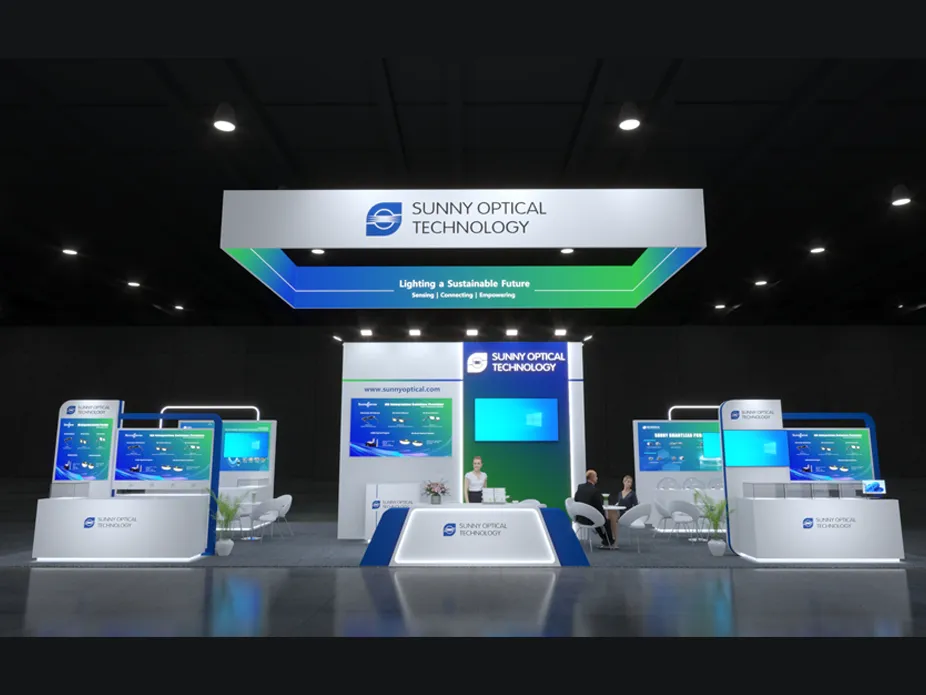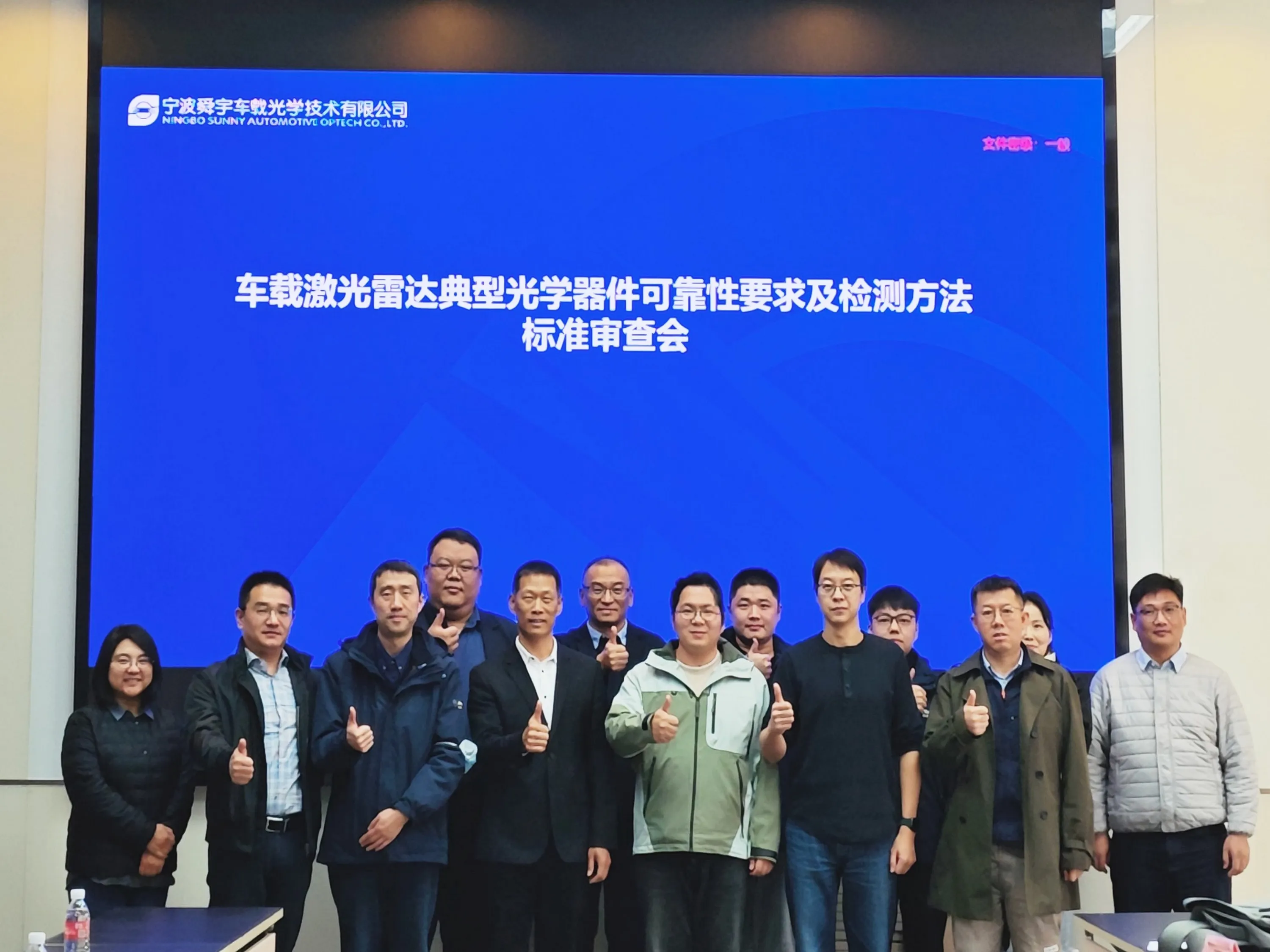With the rapid development of intelligent technology, vehicle projection headlamps technology has been continuously iterating and upgrading, bringing unprecedented innovations to driving safety and experience. From traditional lighting functions to modern intelligent interactions, vehicle projection headlamps are gradually leading a new era in automotive lighting technology. This article will explore the six major technical routes of vehicle projection headlamps, their advantages and disadvantages, and forecast their future development trends.
LED Matrix Vehicle Projection Headlamp
LED Matrix vehicle projection headlamps have been widely used for their economic multi-pixel realization and relatively mature technology. The advantages of this technology lie in its high technological maturity, short development cycle, and relatively low cost. However, due to the limitation of LED packaging size, the final pixel count is relatively low, reaching only hundreds, which limits its application in higher resolution displays.
μAFS Style Vehicle Projection Headlamp
μAFS Style vehicle projection headlamps have lower system costs and volume while maintaining high efficiency. The main advantage lies in their small system volume and cost. However, compared to LCD and DLP styles, μAFS is limited in terms of pixel count, with current products having relatively limited pixels, affecting their performance in high-precision projections.
LCD Style Vehicle Projection Headlamp
LCD Style vehicle projection headlamps have the advantages of low cost, small size, wide beam angle flexibility, and high contrast. This makes LCD headlights meet high-cost performance requirements to a certain extent. However, due to the optical losses in the polarizer and liquid crystal panel, their optical efficiency is relatively low, limiting their application in high brightness and long-distance projections.
DLP Style Vehicle Projection Headlamp
DLP Style vehicle projection headlamps excel in high-resolution displays with their ability to break through the million-pixel level. DLP technology can achieve precise image projections, delivering stunning visual effects. However, DLP technology has higher system costs and requires larger system space, which limits its use in mid-to-low-end vehicle models.
MEMS Style Vehicle Projection Headlamp
MEMS Style vehicle projection headlamps are expected to become a highly efficient solution in the future. Their advantages include small size, high efficiency, and a pixel count close to DLP technology. However, currently, MEMS technology has not yet passed automotive-grade certification, and in practical applications, it may encounter issues such as image shaking or flickering, which could cause discomfort for the driver. Therefore, MEMS technology still needs further refinement in practical applications.
With the development of automotive intelligence and connectivity, vehicle projection headlamps technology applications will continue to evolve. In the future, Vehicle projection headlamps will not only serve as lighting tools but will also integrate with advanced driving assistance systems to achieve intelligent light control. For example, DLP technology will be widely used in intelligent connected vehicles, realizing ADAS functions such as traffic sign recognition through high-resolution projection. In addition, Vehicle Projection Headlamps will cooperate with cameras to achieve automatic high and low beam switching based on the objects ahead, thereby enhancing driving safety.
The intelligence of vehicle projection headlamps not only enhances the driving experience but also brings new opportunities and challenges to the automotive industry. In the future, we can expect to see more intelligent, interactive, and safer vehicle projection headlamp systems, continually leading the development trend of automotive lighting technology.

【Exhibition Invitation】Visit us at CES 2026!
2025-12-10

Sunny Optical Gets Group LiDAR Standard Approved, Using Innovative Optical Solutions to Unlock Key Step in Mass Production
2025-11-25
![[Exhibition Invitation] Sunny Automotive Optech Invites You to the 26th China International Optoelectronic Exposition (CIOE 2025) [Exhibition Invitation] Sunny Automotive Optech Invites You to the 26th China International Optoelectronic Exposition (CIOE 2025)](/uploads/image/20250908/首图7.webp)
[Exhibition Invitation] Sunny Automotive Optech Invites You to the 26th China International Optoelectronic Exposition (CIOE 2025)
2025-09-08

Inquiry
Excellent Customer Service Ability
Key customer manager mechanism
Oversea supporting points
Excellent Process Control Ability
Fully automated production
DMC traceability management
VDA6.3 / IATF16949 verifications
Excellent R&D Ability
Advanced technology new product development cooperation
Cost-effective optical solution proposal based on customer needs
Ecosystem resource integration